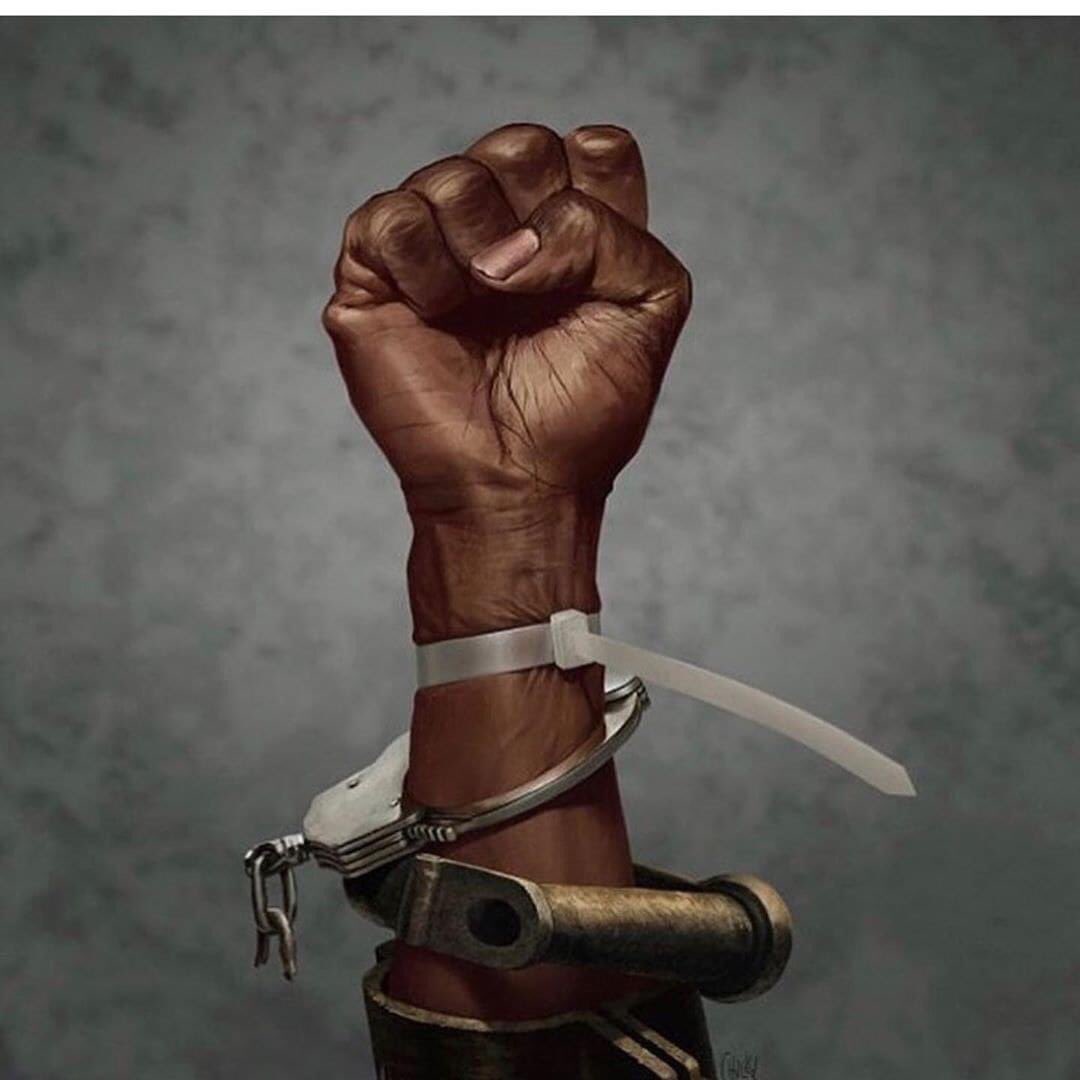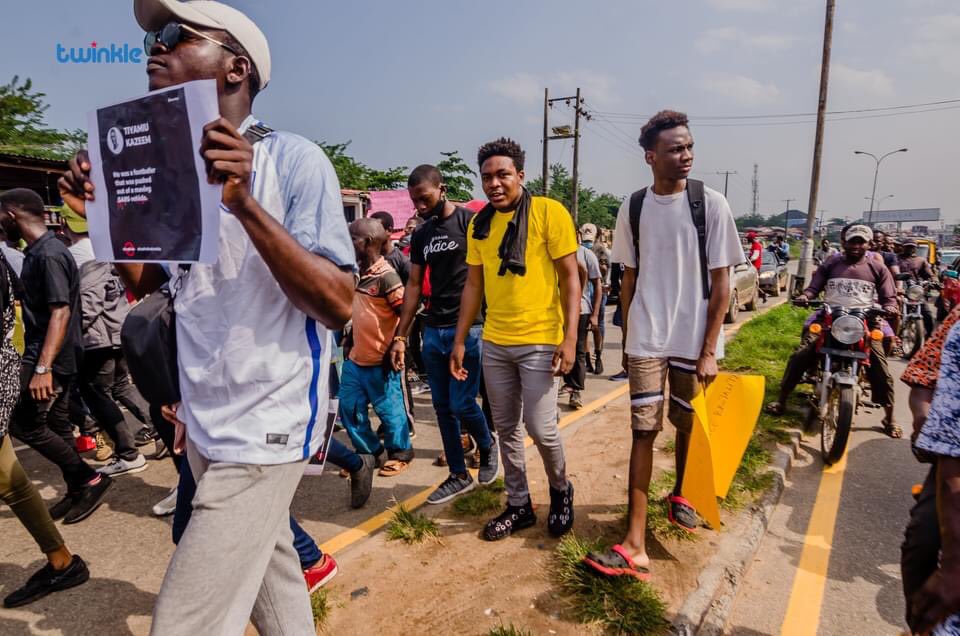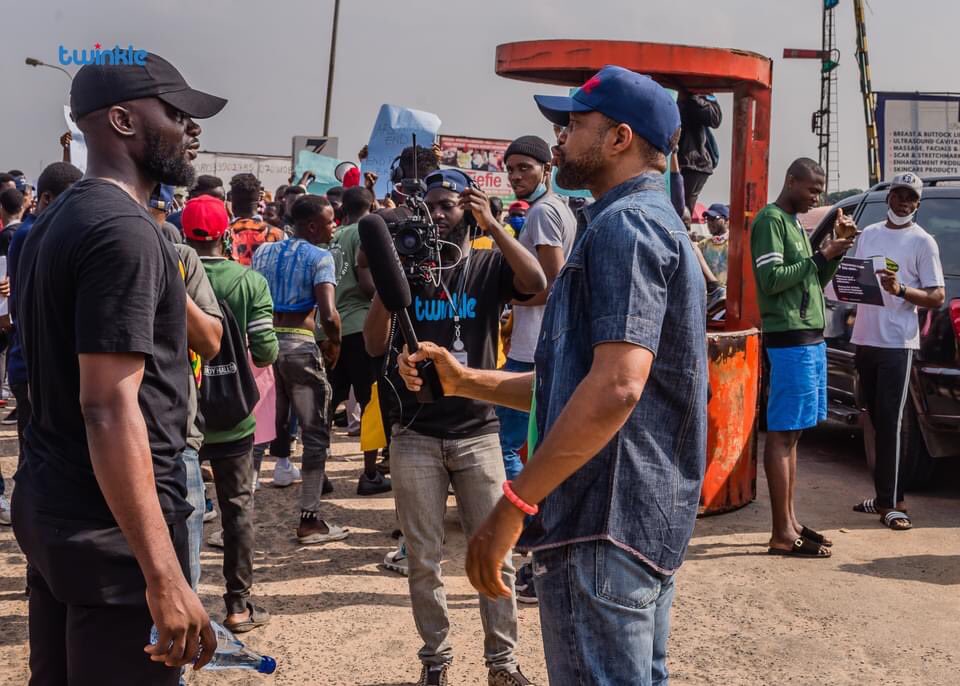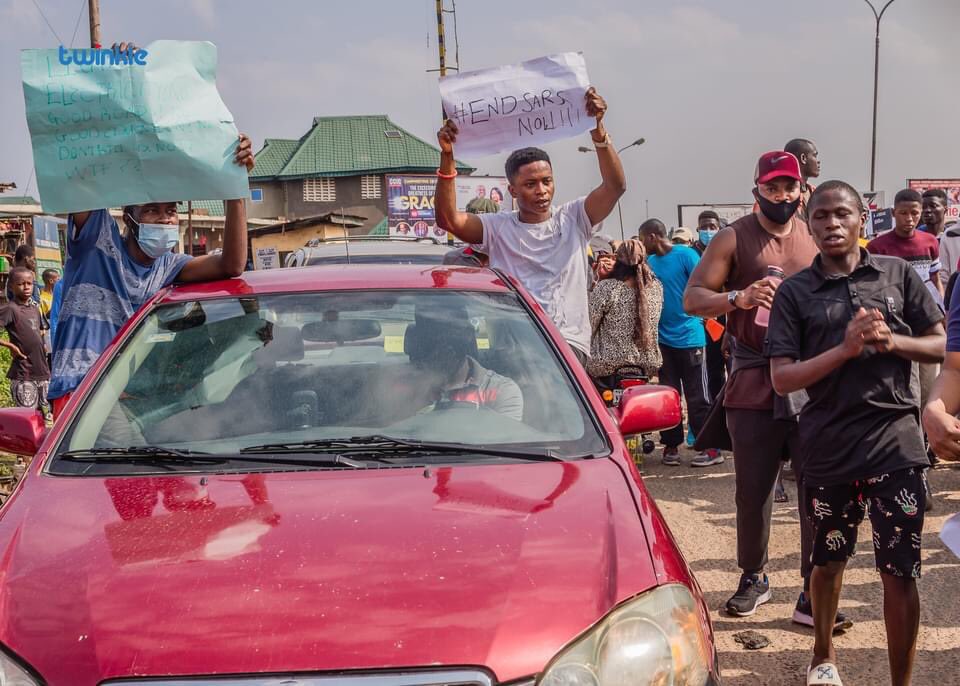BUILDING A GREAT NATION
The efficiency of the Army is determined by the fullness or emptiness of the State. When the State is chaotic and disrupted by its politics, it is empty. Relentless tribal and religious agitations, election rigging, are traits of an empty state.
The efficiency of the Army is determined by the fullness or emptiness of the State. When the State is chaotic and disrupted by its politics, it is empty. Relentless tribal and religious agitations, election rigging, are traits of an empty state.

When a State is empty, poverty stalks the land like a tiger on the prowl and bandits and terrorists in government houses and Sambisa Forest hold sway. This transmits negative energy into the Army and throw confusion into troops as soldiers lose their brilliance.
The large size of the army of an empty State cannot guarantee victory against the fullness of a small army, call them terrorists or bandits or multinationals.
Terrorists fight with the energy from the harmony in their ideologies. That is why they can die for their causes.
Terrorists fight with the energy from the harmony in their ideologies. That is why they can die for their causes.
They have leaders that feed into the troop a sense of belief and justice. This is also the concept for building a great Nation.
A tribal leadership cannot build a great Nation. It is leaders skilled in building bridges, providing knowledge and welfare that build great armies.
A tribal leadership cannot build a great Nation. It is leaders skilled in building bridges, providing knowledge and welfare that build great armies.
The capacity of the State to triumph in a war is hinged on moral leadership. He leads by example to win wars.
#NationBuilding
#NationBuilding
• • •
Missing some Tweet in this thread? You can try to
force a refresh




















